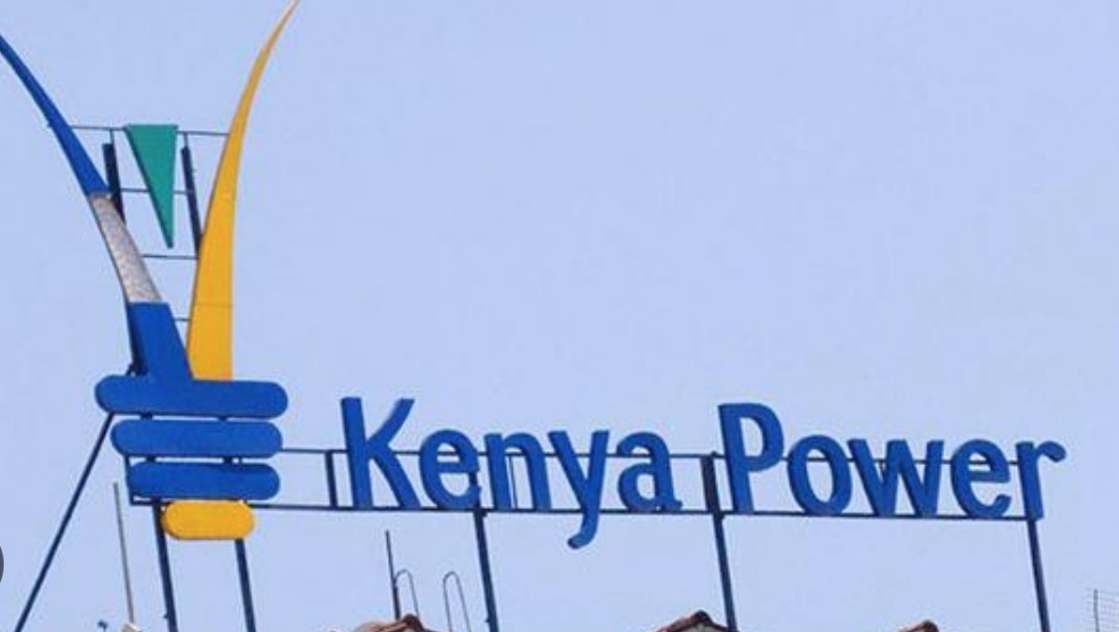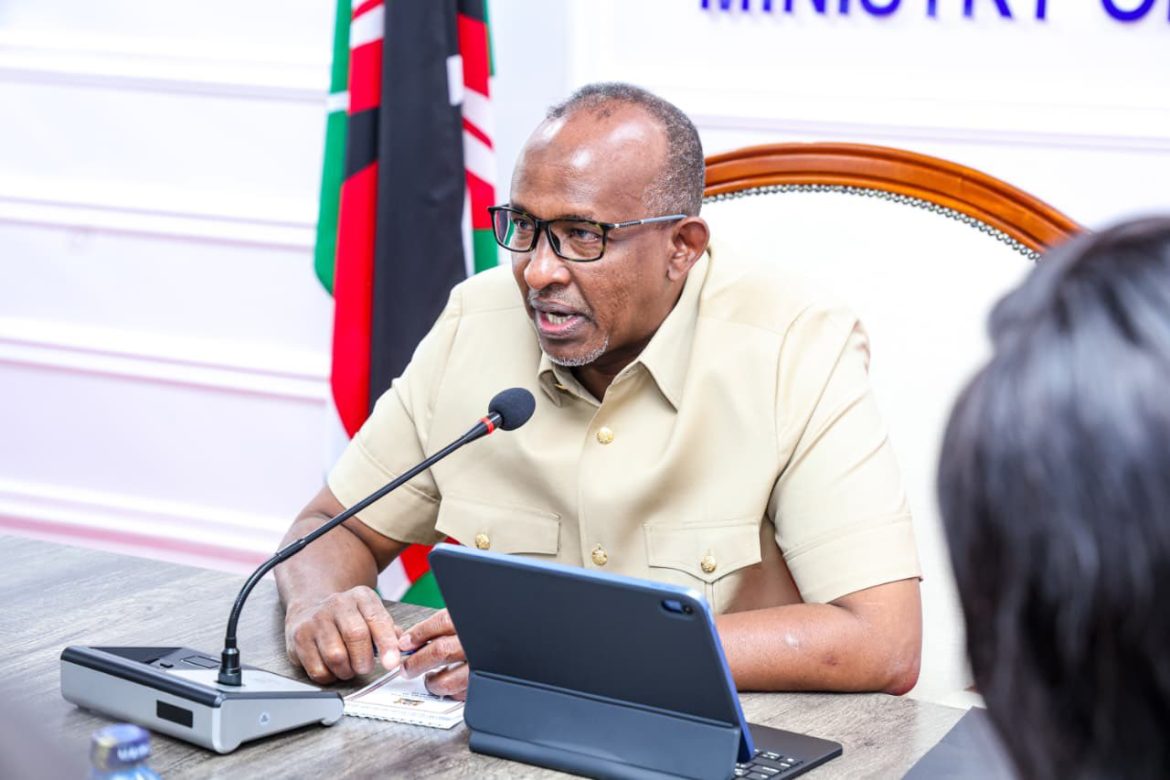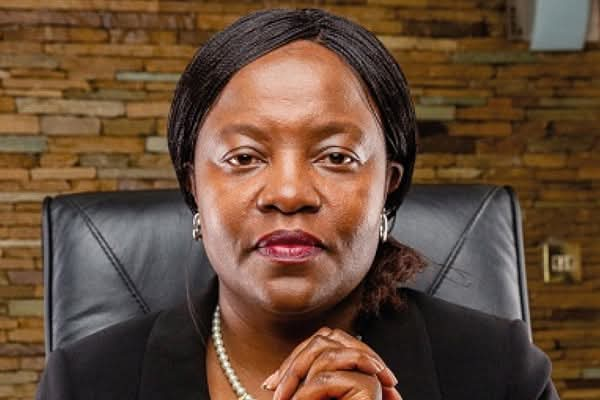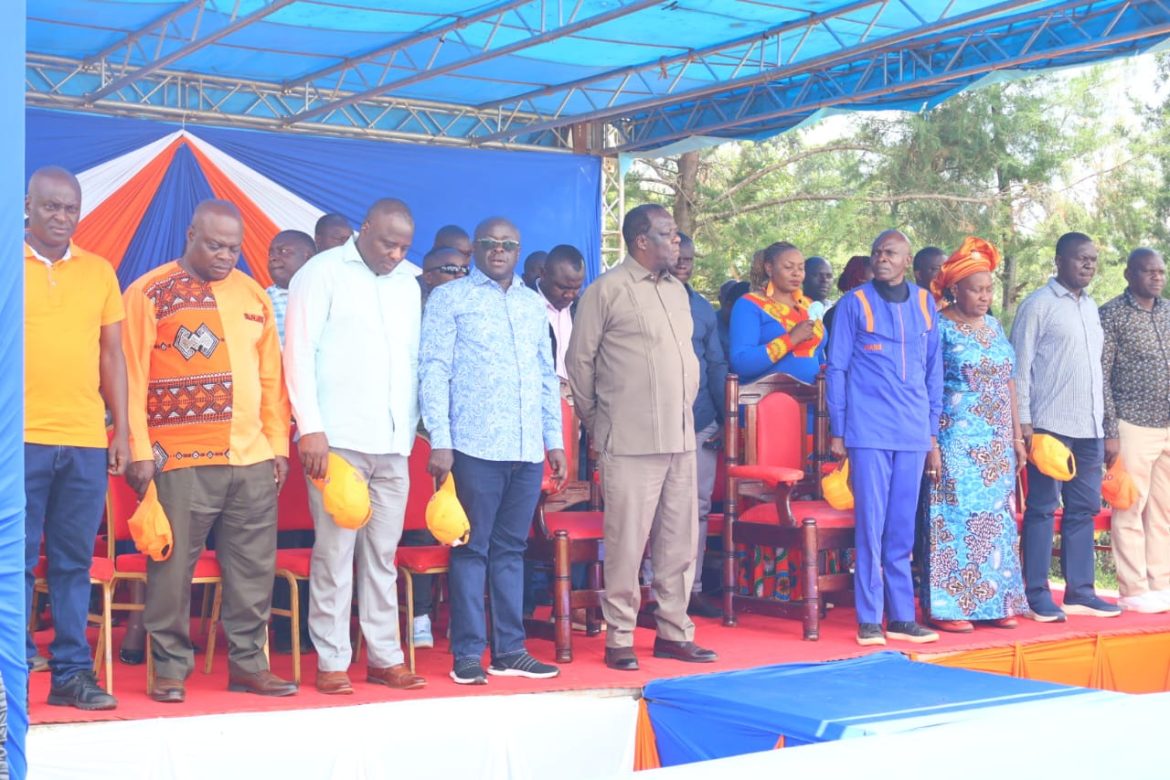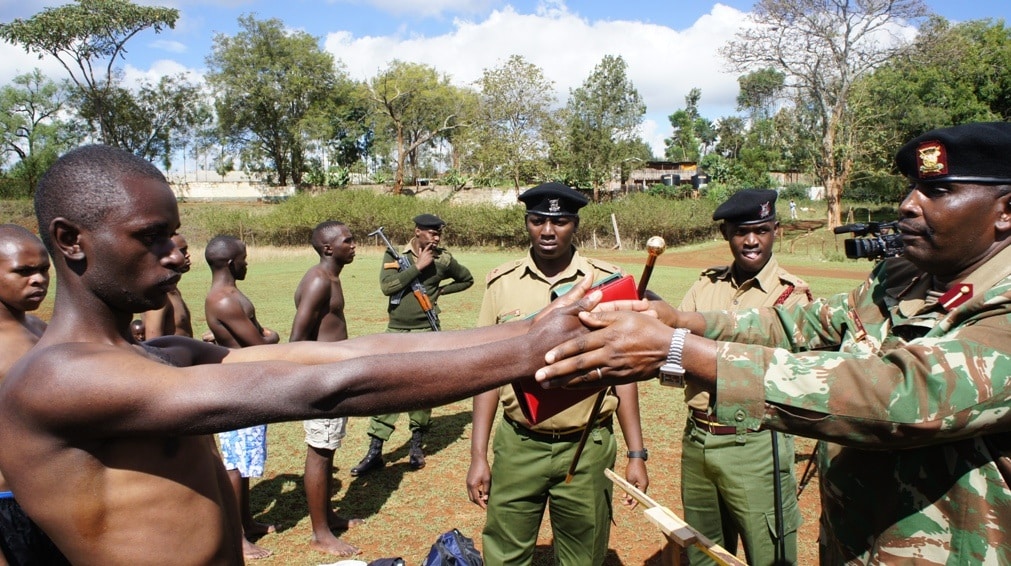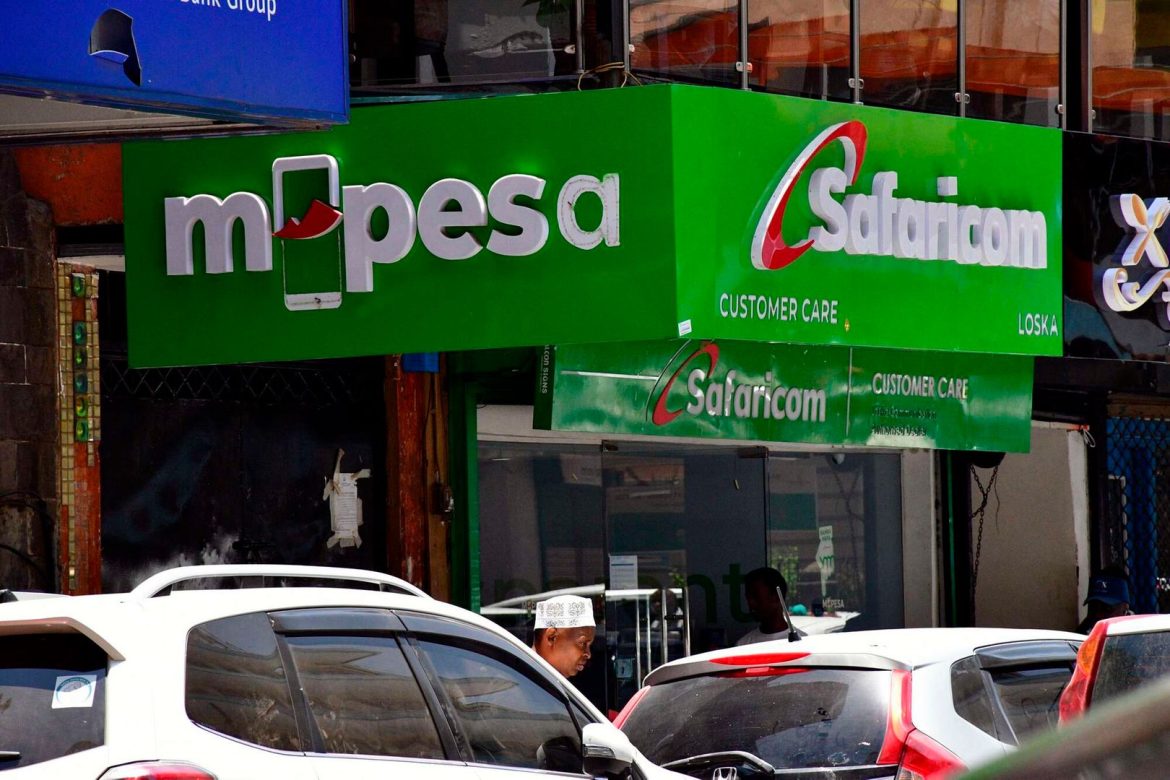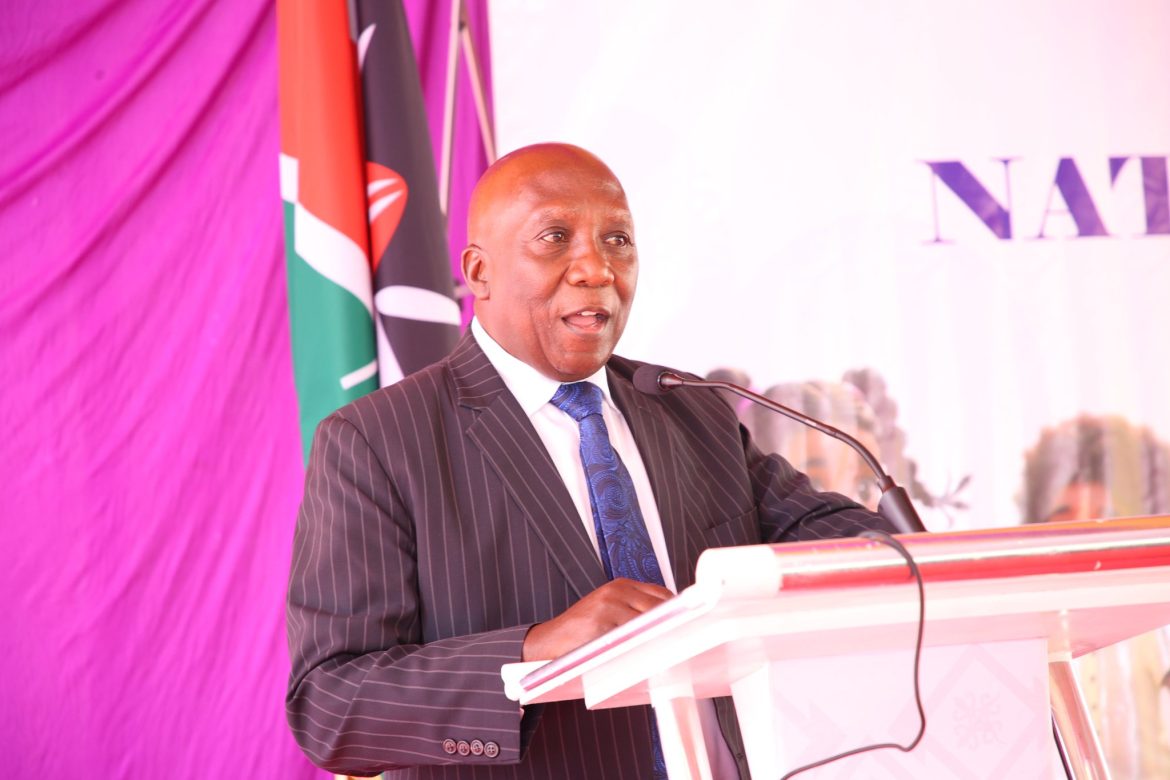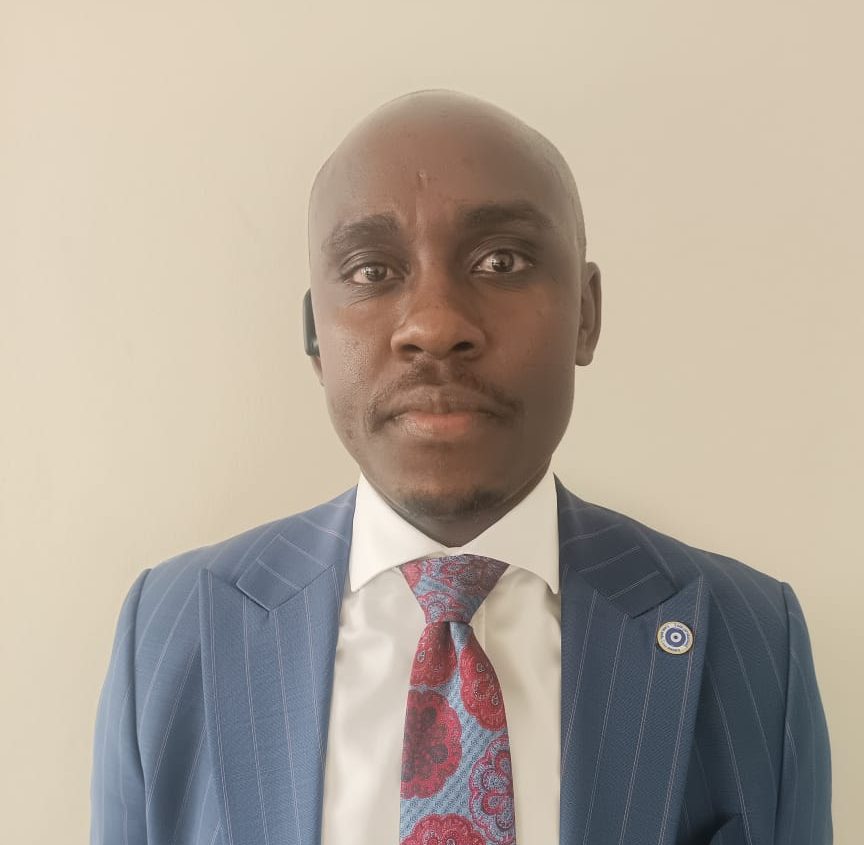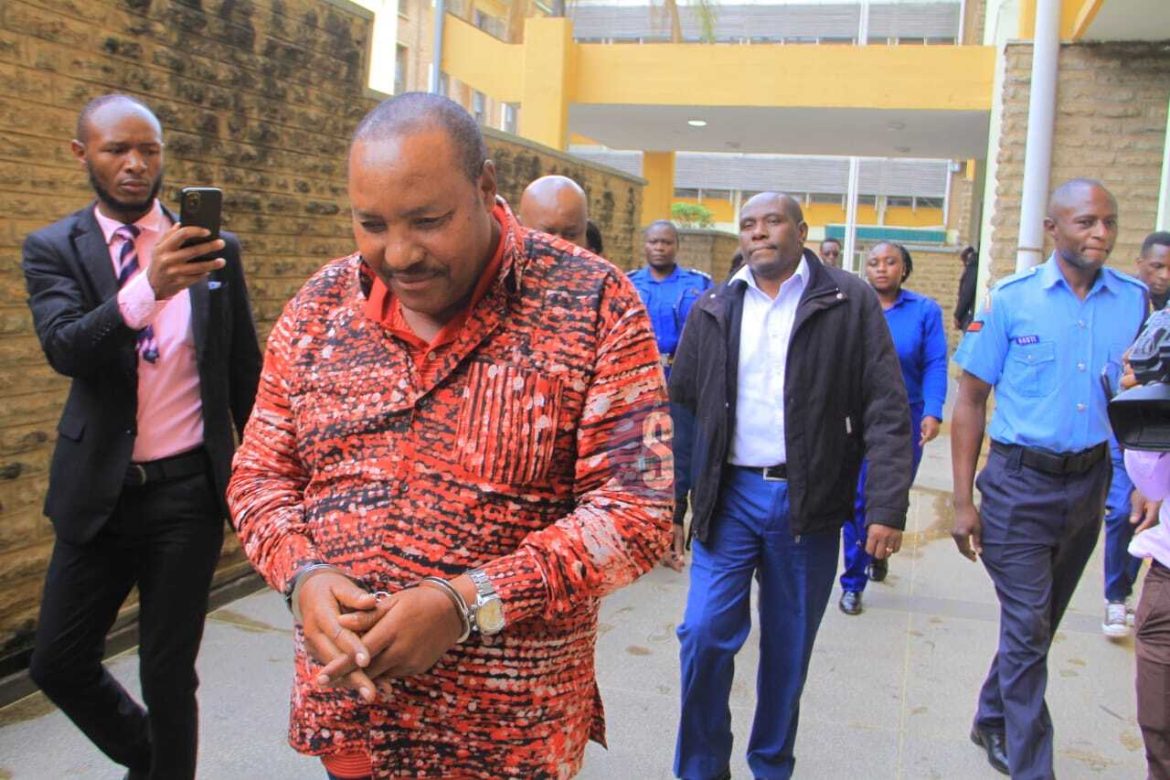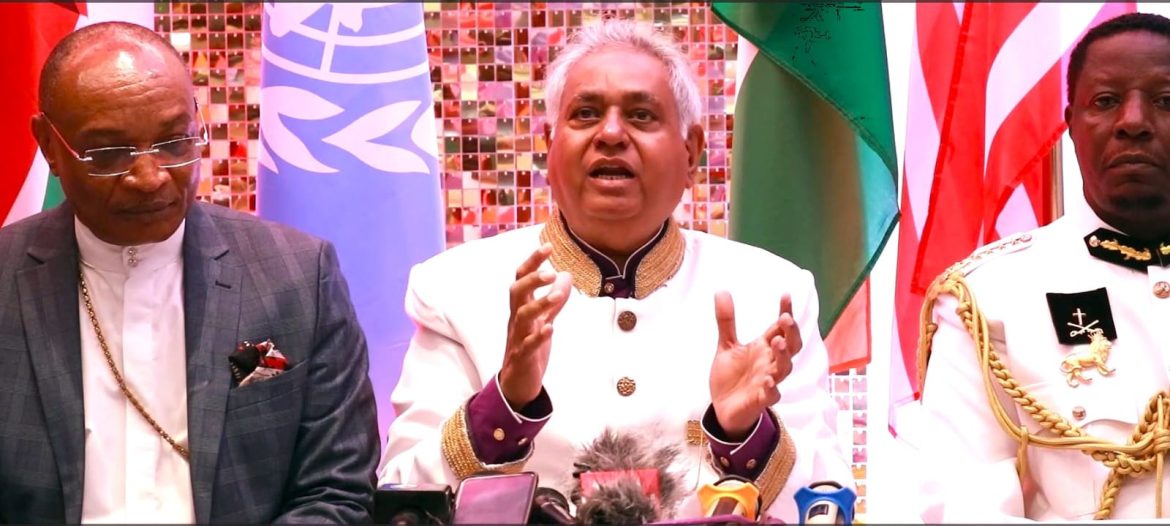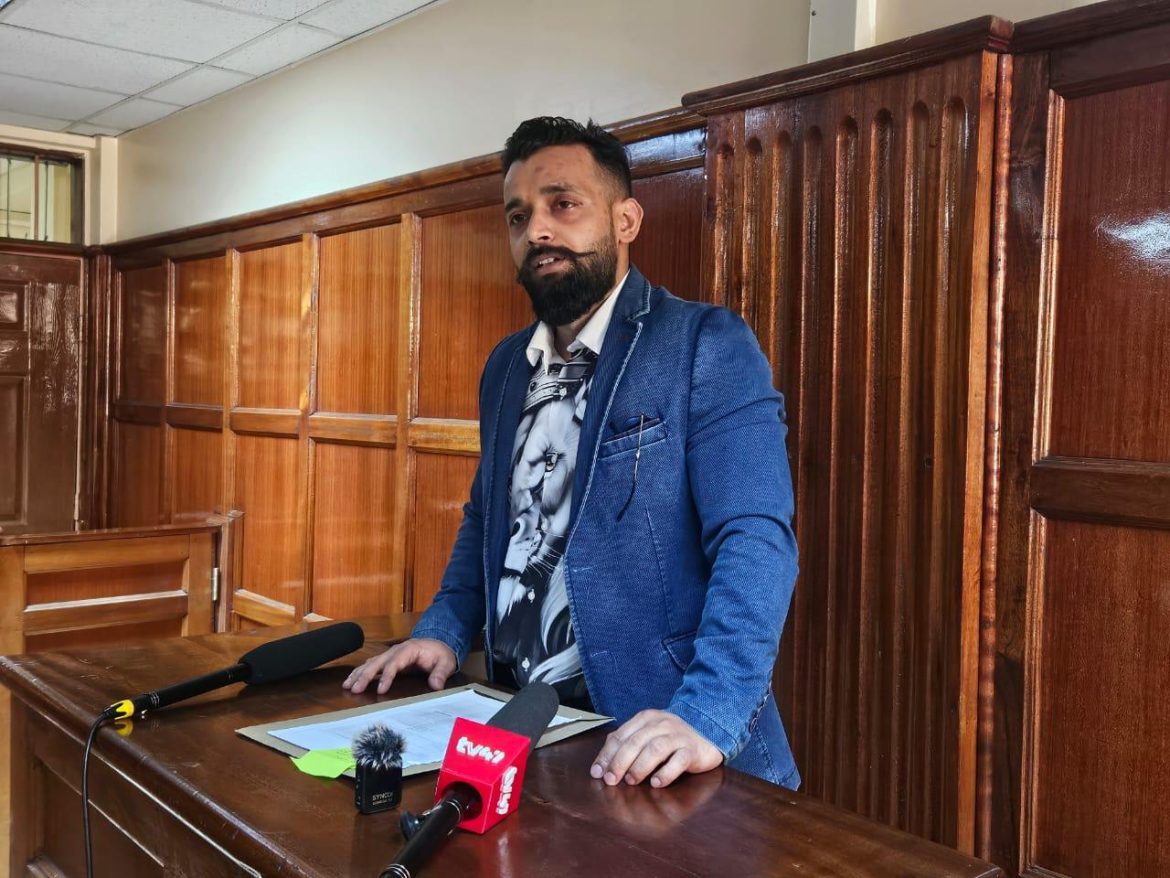Lilian Odira is the new face of Kenyan middle-distance running, and her breakthrough on the global stage has captured the attention of athletics fans worldwide.
On September 22, 2025, at the World Athletics Championships in Tokyo, Odira stunned the world by storming past Olympic champion Keely Hodgkinson of Great Britain and compatriot Mary Moraa to claim gold in the women’s 800m. She clocked an astonishing 1:54.62, setting a new championship record and proving that Kenya’s track dominance extends far beyond the Rift Valley highlands.
Lilian Odira’s Early Life and Background
Born on April 18, 1999, in Migori County, Odira grew up in the Suba community, where running was not a professional pursuit but part of daily life. Her talent began to shine at St. Peters Keberesi Secondary School in Kisii, where she won local races and earned a bronze medal at the East African Schools Games. These formative years built her resilience and laid the foundation for her athletic journey.
Lilian Odira’s Career Development and Breakthrough
In 2017, Odira joined the Kenya Prisons Service, a move that gave her access to structured training, professional coaching, and an environment where she could balance her work as a prison officer with her athletics career.
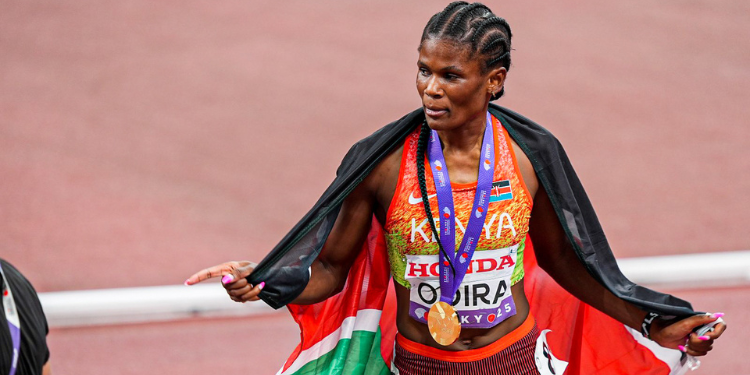
Even during the COVID-19 pandemic, when sporting calendars were disrupted worldwide, Odira maintained her discipline, focusing on fitness and tactical improvements. Her dedication paid off in 2024, a year that marked her rise on the international scene:
- She won the Kenyan national 800m title in Nairobi with a personal best of 1:59.27.
- She reached the semifinals at the Paris 2024 Olympics, gaining valuable experience against the world’s best.
- She claimed silver at the African Championships in Douala, Cameroon, establishing herself as one of Africa’s leading middle-distance athletes.
Lilian Odira’s World Championships Glory in Tokyo
Her crowning moment came in Tokyo 2025, where Odira delivered a stunning performance to win her first world title. Her victory stood out not just for the record time but also because she emerged from a region outside Kenya’s traditional athletics powerhouse, the Rift Valley.
Alongside Faith Kipyegon’s 1500m title and Beatrice Chebet’s double gold in the 5,000m and 10,000m, Odira’s win highlighted the depth and dominance of Kenyan women’s athletics on the world stage.
Lilian Odira’s Legacy and Inspiration
At just 26 years old, Lilian Odira has become a world-class 800m runner and a beacon of inspiration for young athletes, especially those from Nyanza and other underrepresented regions of Kenya. Her story is proof that talent, discipline, and determination can break barriers and bring global success, no matter where an athlete comes from.
Key Facts About Lilian Odira
- Full Name: Lilian Odira
- Date of Birth: April 18, 1999
- Hometown: Migori County, Kenya
- Discipline: 800m (Middle-Distance Running)
- Career Highlights:
- Gold medal at the 2025 World Athletics Championships, Tokyo (Championship Record – 1:54.62)
- Silver medal at the 2024 African Championships, Douala
- National 800m Champion (2024, Nairobi)
- Paris 2024 Olympic semifinalist


